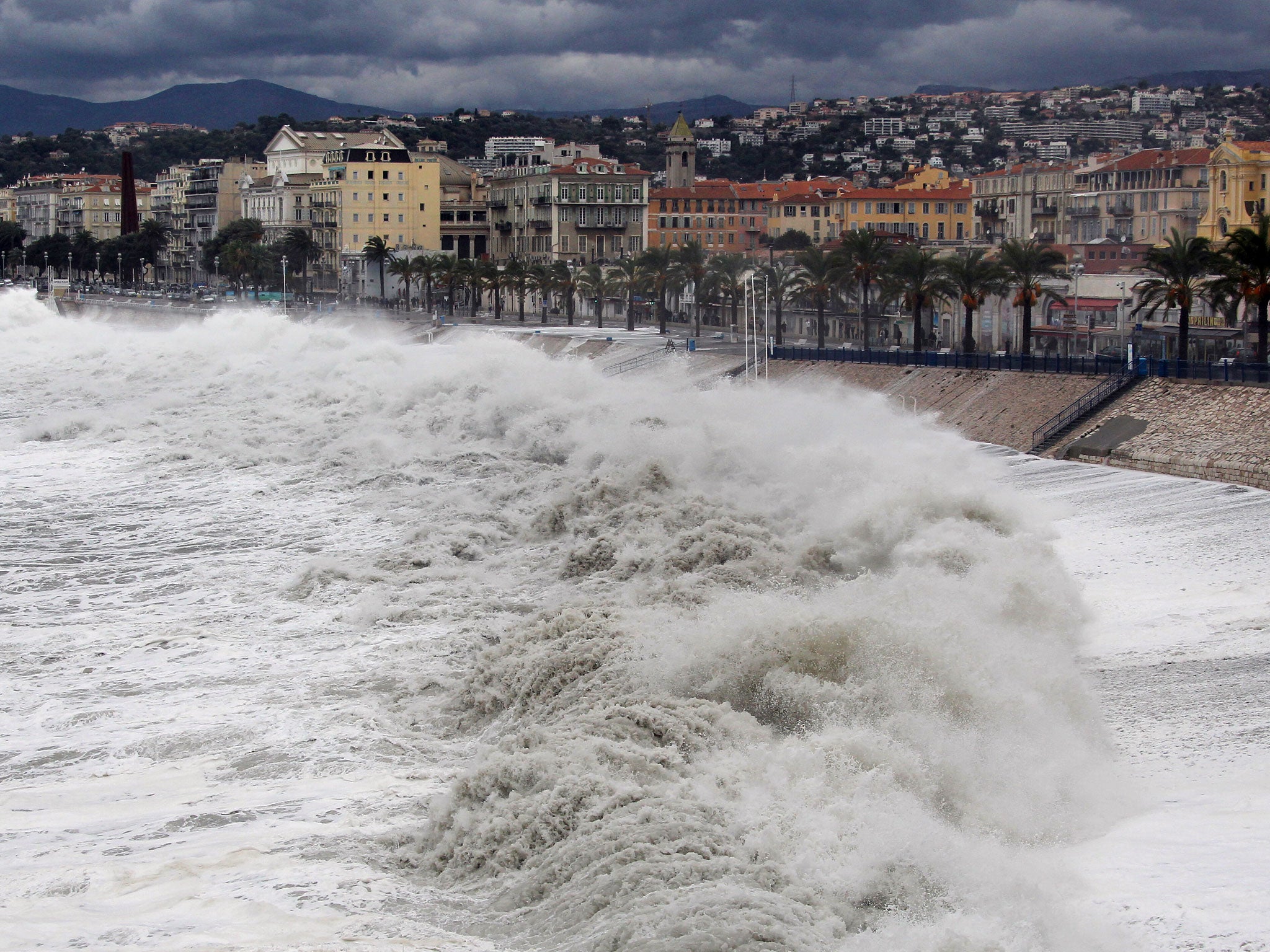Coastal city flooding ‘could cost more than £600bn a year’
Miami, New York and New Orleans in the United States, and Guangzhou in China are together expected to shoulder 43 per cent of the burden

Your support helps us to tell the story
From reproductive rights to climate change to Big Tech, The Independent is on the ground when the story is developing. Whether it's investigating the financials of Elon Musk's pro-Trump PAC or producing our latest documentary, 'The A Word', which shines a light on the American women fighting for reproductive rights, we know how important it is to parse out the facts from the messaging.
At such a critical moment in US history, we need reporters on the ground. Your donation allows us to keep sending journalists to speak to both sides of the story.
The Independent is trusted by Americans across the entire political spectrum. And unlike many other quality news outlets, we choose not to lock Americans out of our reporting and analysis with paywalls. We believe quality journalism should be available to everyone, paid for by those who can afford it.
Your support makes all the difference.Flooding of major coastal cities could cost the world economy more than £600bn a year by 2050, say scientists.
Three cities in the US – Miami, New York and New Orleans – and Guangzhou in China are together expected to shoulder 43 per cent of the burden. Other cities facing the highest flood losses in 2050 included Mumbai, Jakarta, Boston, Bangkok and Abidjan, while in Europe, the cities of Marseille, Naples and Athens were also at risk.
The loss estimate is based on projections of climate change, land subsidence and urban growth in coastal centres. The researchers based their predictions on data from 136 of the largest coastal urban settlements around the world.
They found that socio-economic changes alone were likely to raise the cost of flood damage from about £4bn in 2005 to £33bn in 2050.
Adding the effects of climate change and subsidence brought total losses to an “unacceptable” one trillion US dollars, or £639bn.
The scientists, writing in Nature Climate Change and led by economist Stephane Hallegatte, said: “As illustrated by the recent landfall of hurricane Sandy on the east coast of the United States, there is a need to prepare at the local, national and international level for larger floods and the disasters that ensure.”
Climate change increases flooding risk both by raising sea level and triggering more frequent and powerful storms. Subsidence can result from the removal of groundwater and compression of soil beneath cities, causing land to sink below sea level.
Join our commenting forum
Join thought-provoking conversations, follow other Independent readers and see their replies
Comments